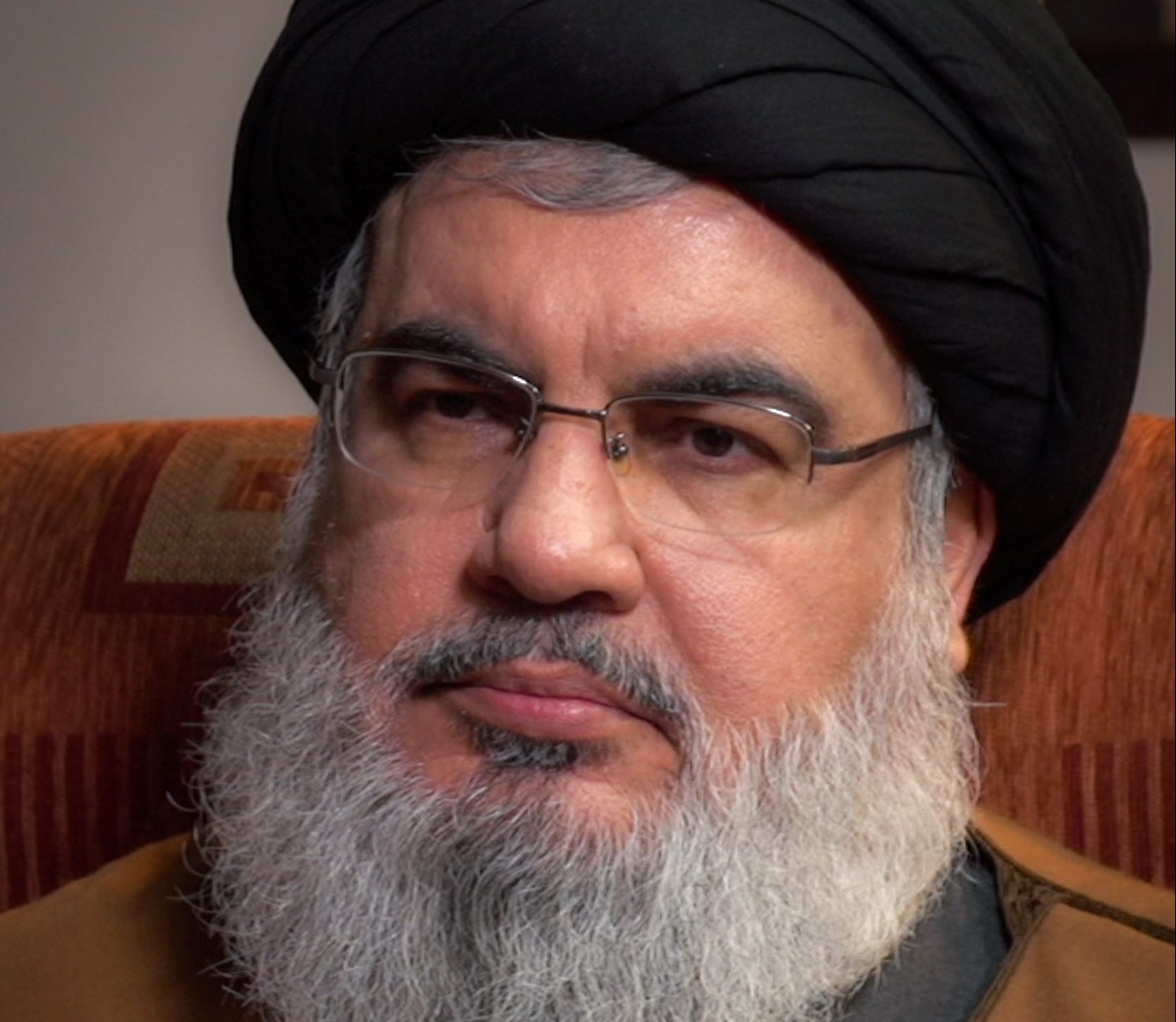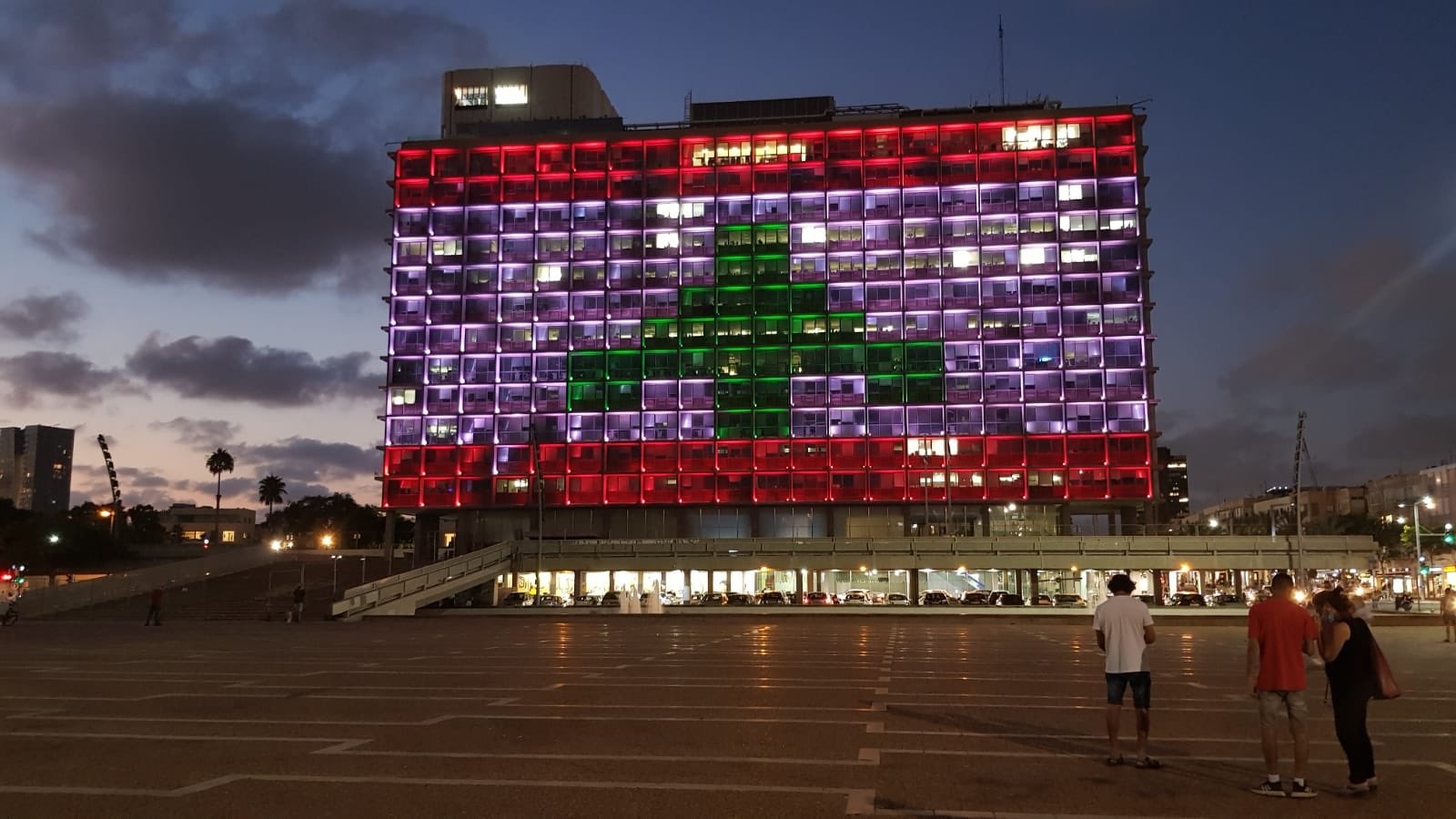Publications
INSS Insight No. 1390, October 15, 2020
The start of negotiations between Israel and Lebanon on marking the maritime border is a milestone in the history of the relations between the two countries. It invites the question whether agreement on this issue might bring about a strategic change in relations between Israel and Lebanon, following the Abraham Accords and given the dire situation in Lebanon, which desperately needs external aid from the United States and other Western countries. An analysis of the internal balance of power in Lebanon, however, suggests that the prospects for such a change are at best slim at the present time, especially as long as Hezbollah maintains its special status as an independent military power in Lebanon and wields decisive influence in decision-making processes. Nevertheless, Israel should try to take advantage of the opportunity created by the change in Lebanon by urging that a roadmap for solving the dispute between Lebanon and Israel be a condition for Western aid, in order to create security stability in the region. In addition, a dialogue with all sectors of Lebanon’s population should be initiated, over the head of Hezbollah.
Ideas about advancing talks to achieve a general settlement to forge relations between Israel and Lebanon are not new. Such ideas surface at times of tension and escalation, as well as when Israel's relations with states in the region improve. The main contention, sounded since Israel's withdrawal from Lebanon in 2000, is that other than the threat posed by Hezbollah, there are few disputes between Israel and Lebanon, and that these are solvable (water, borders, Palestinian refugees), and that most of the population in Lebanon is not hostile to Israel. The state of war between the two countries is therefore due primarily to foreign interests: previously the Palestinian presence, followed by the Syrian influence, and in recent decades the rise of Hezbollah, which serves Iranian interests and has become the strongest and most influential power in the Lebanese theater.
Israel and Lebanon have had many years of direct and indirect contacts involving both official Lebanese parties and representatives of the various communities, mainly following military conflicts and usually under United States and UN sponsorship. Agreements, arrangements, and understandings were reached, but in most cases did not last, and were all subsequently violated. The most prominent of these were the March 1949 ceasefire agreement, which made Lebanon the first Arab country to sign an agreement with Israel; the peace treaty following the First Lebanon War, signed on May 17, 1983, which the Lebanese government repudiated under Syrian pressure; the unwritten understandings following Operation Accountability in 1993; the written understandings following Operation Grapes of Wrath in 1996; and the negotiations in 1999-2000 for an agreement on IDF withdrawal from Lebanon, whose failure culminated in the Israeli decision to withdraw unilaterally from the Security Zone in May 2000. In 2000, Lebanon refused to take part in the demarcation of the Blue Line delineated by the UN team, which since then has constituted the border. Indirect talks were also held regarding UN Security Council resolutions on Lebanon, and especially Resolution 1701 in 2006. A joint military liaison committee has been operating continuously since the end of the Second Lebanon War, with participation by UNIFIL, the Lebanese army, and the IDF, to address issues involving the border regime. Unsuccessful negotiations on the division of the village of Ghajar were held in this framework.
The Ostensible Opportunity to Forge Relations
The changes in the regional environment (the weakening of the Shiite axis on the one hand and Israel's new agreements with Arab countries on the other), combined with the difficult internal situation in Lebanon, have ostensibly created an opportunity for progress toward a strategic change in relations between the two countries. More specifically are four central developments:
- The collapse of Lebanon, which is suffering a three-pronged crisis: economic, political, and health. This crisis, which worsened following the August 4 disaster at Beirut Port, is the most acute that Lebanon has experienced in recent decades, and has created a desperate need for massive external aid. Arab countries and most of the international agencies are unwilling and/or unable to bear the heavy burden of this aid by themselves. A Western initiative, led by French President Emmanuel Macron and the US administration, proposes to raise a package of aid and loans for Lebanon, contingent on passage of economic and political reforms. Some parties in Israel are proposing that understandings on security and relations with Israel be added to these conditions, but it appears that achievement of this goal is not at hand.
- Israel's new peace treaties with Arab countries, with the active assistance of President Donald Trump, constitute a strategic turning point for Israel in the Arab world, and provide legitimacy for any other Arab party choosing to negotiate with Israel. These agreements highlight the advantages of ties with Israel, from which Lebanon can also benefit, particularly in obtaining aid from the United States and other Western parties. These would join possible benefits from relations with Israel, which can aid the Lebanese economy in energy (gas and electricity), agriculture, water, health, industry, and tourism.
- The dire straits of Hezbollah and Lebanon: Since Hezbollah became involved in the fighting in Syria, and especially in the past year, the organization has suffered growing financial difficulties. The collapse of the Lebanese economy is also affecting Hezbollah, as are the direct US sanctions against the organization, elements aiding it in Lebanon (the banks and the Shiite government ministers), and Iran, Hezbollah's patron, which has also cut back its aid to the organization. Beyond its economic distress, Hezbollah has suffered a setback in its political efforts, given the growing momentum to classify it in its entirety, including its political and civilian wing, as a terrorist organization. This response includes the United States, the Netherlands, the UK, Canada, the Gulf states, and recently also Germany, which is striving to convince the European Union to adopt this position. Hezbollah is likewise a target for growing criticism in the internal Lebanese theater; it is blamed for its unsuccessful management of the country and for its threats against Lebanon's population, and a recent demand has called to disarm Hezbollah. These circumstances are what led Hezbollah to agree to the start of negotiations on marking the maritime border, which until now it refused to allow.
- The agreement to begin negotiations on marking the maritime border, achieved following a decade of effort in the matter, is a positive sign. If negotiations do produce an agreement, this could generate a positive atmosphere that will facilitate dialogue, and perhaps make progress possible toward agreements on additional isolated problems, such as marking disputed points along the Israel-Lebanon land border; understandings and cooperation in energy (gas exploration and production, security for marine gas drilling platforms, and aid in electricity supplies); Israeli aid for the Lebanese population – by opening the Good Fence for employment in northern Israel, for example; and possibly also agreement under UN Resolution 1701 on distancing Hezbollah from the Blue Line, which it has breached in recent years.
The Main Obstacles to a Strategic Change in the Relations
First and foremost is Hezbollah, Hezbollah, Hezbollah. The organization, which is motivated by extremist religious ideology, and acts as a proxy for Iran, is the main stumbling block in any efforts to improve relations between Israel and Lebanon. For lack of choice, due to the difficult circumstances in Lebanon and the organization itself, Hezbollah consented to the opening of negotiations on the maritime border, but has emphasized repeatedly that these are not political negotiations. Hezbollah continues to consolidate its status in the Lebanese theater. It possesses the largest military force in the country, and persists in its efforts to arm itself with advanced weapons, even at this difficult time. Hezbollah is well-integrated in the Lebanese political system, and is influencing the decision-making processes. In effect, Hezbollah is operating a "state within a state." It is therefore likely to thwart the talks on the border issue, and will certainly oppose further progress in relations with Israel. Hezbollah is also likely to reject any demand that it waive its special status or surrender its arms to any other party, whether Lebanese or foreign. At this stage, it appears that there is no group inside Lebanon or outside actor who is capable of disarming Hezbollah without a military conflict.

A second issue is the weakness of Hezbollah's opponents in the Lebanese political system. It is unclear which groups in the Lebanese political system will be willing to advocate official contacts with Israel, given the obvious weakness of the pro-Western political parties opposed to Hezbollah (the March 14 Alliance). The current government in Lebanon, a feeble caretaker government (it resigned following the port disaster), is controlled by Hezbollah's coalition (the March 8 Alliance). Hezbollah, together with Amal, another Shiite political party, recently thwarted the effort by President Macron to form a functioning government that would harm the organization's interests; Hezbollah also supported the reappointment of Saad Hariri, who has already proved incapable of taking action against Hezbollah, as prime minister.
In addition, there is pervasive hostility to Israel in Lebanese public opinion, and this feeling is not confined to Hezbollah supporters. This is a result of the anti-Israel narrative in popular opinion and the media prevalent for decades, as well as the destructive effects of the wars with Israel on the Lebanese Republic and its people. Evidence of this attitude is the absolute rejection by the public of Israel's offers of aid following the disaster at the Lebanese port.
Conclusion and Recommendations
It appears that even if agreement is reached between Israel and Lebanon on marking the maritime border, there is little likelihood that this achievement will lead to a strategic change for the better in relations between the parties. The hostility will likely remain as long as Hezbollah maintains its standing and influence in Lebanon, including its alliance with the Free Patriotic Movement (FPM), a large Christian political party led by Lebanese President Michel Aoun.
At the same time, a number of efforts can be made by Israel to prepare the ground for the possibility that circumstances more conducive to an arrangement will emerge:
- A dialogue should be conducted with France and the United States, which lead the efforts to improve the situation in Lebanon. It should be proposed that Western aid to Lebanon be made contingent on the formulation of a roadmap for solution of issues in dispute between Lebanon and Israel in order to create security stability. Measures to contain Hezbollah's influence should receive joint consideration in this dialogue.
- The Lebanese situation should also be raised in talks with Israel's old-new friends in the Gulf. They should be encouraged to contribute to better relations between Israel and Lebanon, in part by promising a renewal of their aid to Lebanon in exchange for a gradual change in Lebanese policy toward Israel and toward Hezbollah.
- Israel should conduct an unofficial dialogue (Track II) with Lebanese groups from all sectors and ethnic groups in order to learn about possible areas of agreement, and to attempt to reach understandings on disputed matters.
An effort should be made to influence awareness among various sectors of public opinion in Lebanon in order to expose the policy and measures by Hezbollah that are harmful to Lebanese state interests, and highlight the message about the positive contribution that relations with Israel can make to improve the situation in Lebanon.



